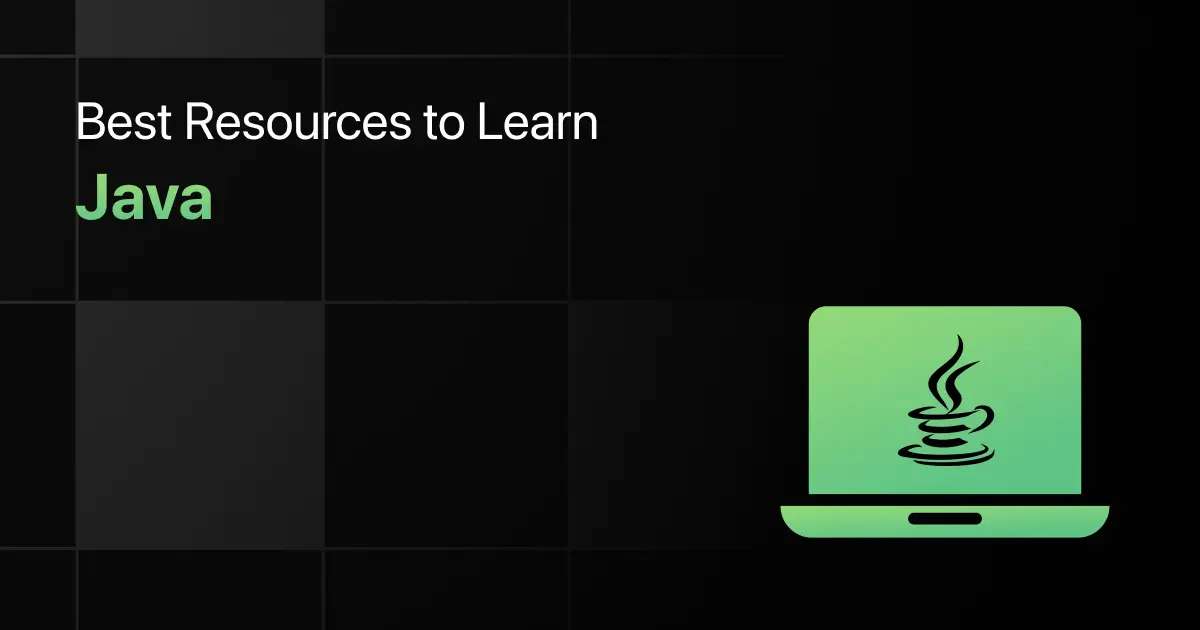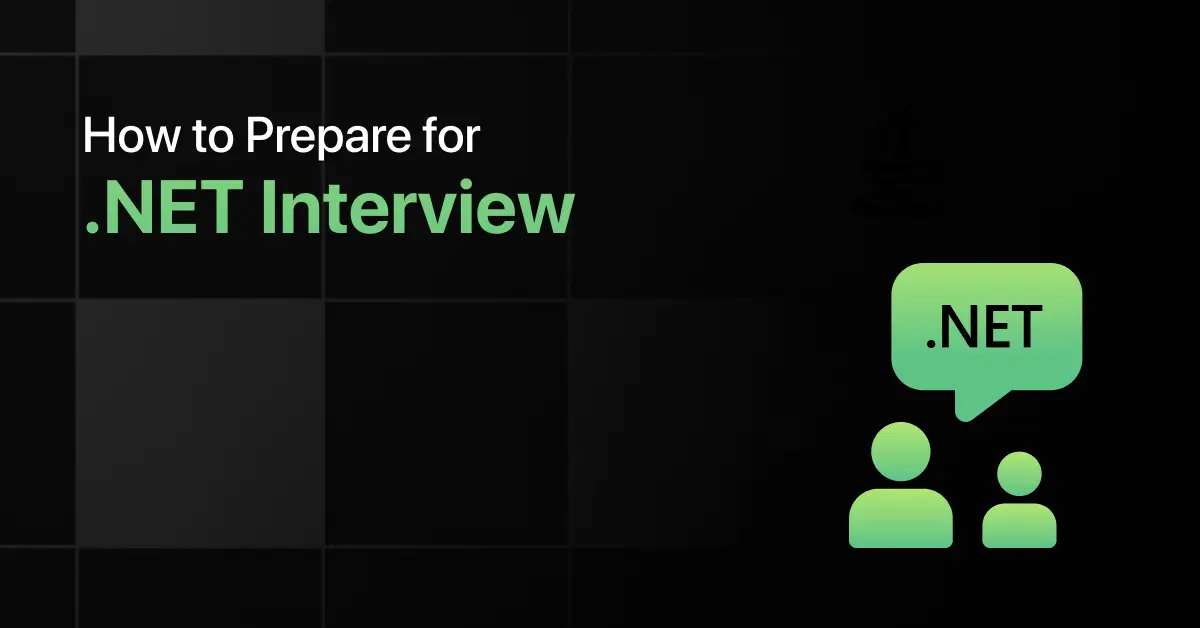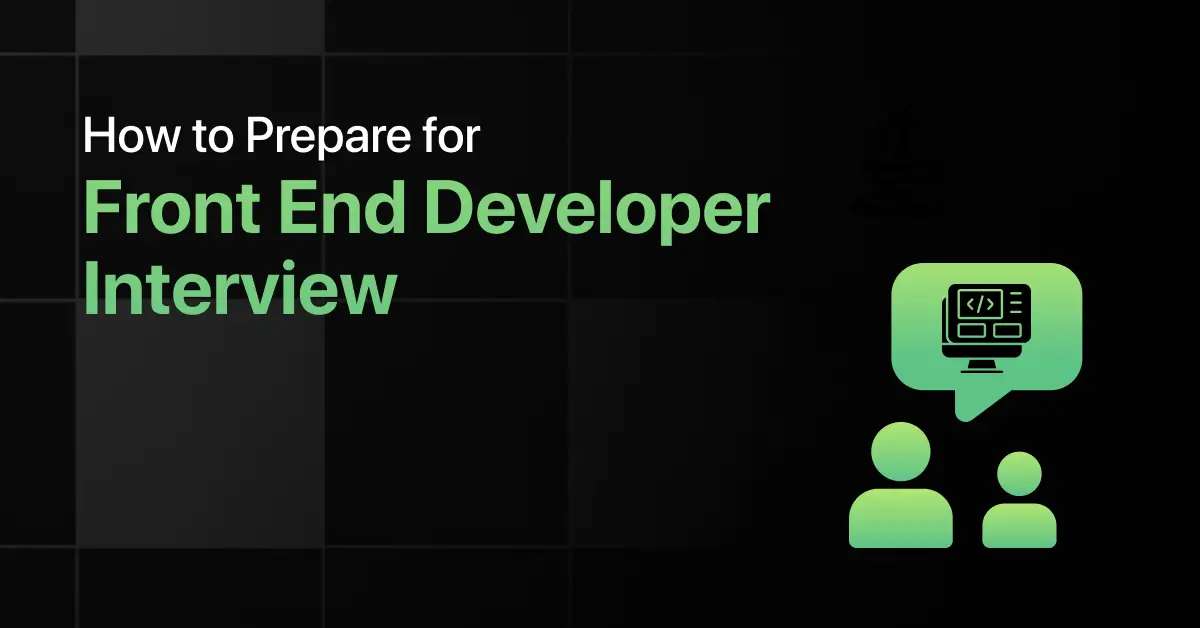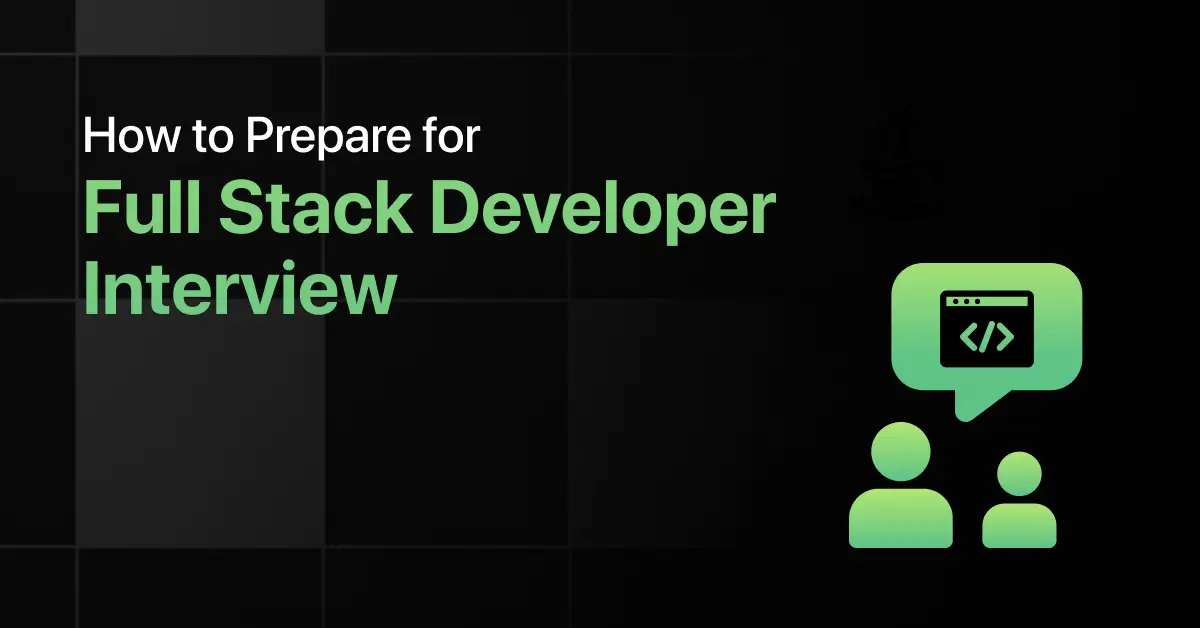Best Resources to Learn Java

Java remains one of the most widely used programming languages across industries, powering everything from enterprise applications to Android development. Its object-oriented structure, platform independence, and vast ecosystem make it an ideal language for both beginners and experienced developers.
In 2025, learning Java continues to be a valuable investment for anyone pursuing a career in software development or backend systems. This article highlights the best step-by-step resources to help you learn, practice, and master Java effectively for real-world use and placement preparation.
A Quick Overview of Java
| Popular Use Cases | Java is used in backend development, Android apps, enterprise software, web services, and large-scale systems. |
| Learning Curve | Java has a moderate learning curve, with a strong focus on object-oriented principles and syntax clarity. |
| Demand in India | Java developers are consistently in demand across IT services, product companies, and fintech startups in India. |
| Job Roles | Common roles include Java Developer, Backend Engineer, Android Developer, Software Engineer, and System Architect. |
| Salary Range | Entry-level Java developers earn ₹4–6 LPA, with experienced professionals earning ₹12–25 LPA based on skills and location. |
| Top Companies Hiring | Leading recruiters include Infosys, TCS, Cognizant, Wipro, Accenture, HCL, and product firms like Oracle and Flipkart. |
Key Concepts to Learn in Java
To build a solid foundation in Java, it’s important to understand these core concepts that appear frequently in real-world applications and interviews:
- Variables and Data Types : Learn how to store and manage different kinds of data using Java’s statically typed system.
- Control Flow Statements : Understand how if, switch, loops, and branching work to control the logic of your programs.
- Object-Oriented Programming (OOP) : Grasp the fundamentals of classes, objects, inheritance, polymorphism, encapsulation, and abstraction.
- Methods and Parameters : Learn how to define reusable blocks of code and pass values effectively between them.
- Arrays and Collections : Explore how to store and manipulate groups of data using arrays, Lists, Sets, and Maps.
- Exception Handling : Understand how to write safe code using try, catch, throw, and finally to manage runtime errors.
- File Handling and I/O : Learn how to read from and write to files using Java’s standard Input/Output libraries.
- Multithreading : Get introduced to concurrent programming and managing multiple threads using the Java Thread API.
- JVM and Memory Management : Understand how Java code runs on the Java Virtual Machine and how memory is allocated and garbage-collected.
- Framework Basics : Get familiar with widely used frameworks like Spring and Hibernate for enterprise development.
Best Online Resources to Master Java
Learning Java becomes much easier when you follow a structured path — starting with beginner-friendly content like videos and tutorials, then moving on to coding practice and eventually applying your skills in real projects and interview preparation.
The resources below are listed in the right flow to help you grow confidently from a beginner to job-ready.
Getting Started
If you’re just beginning with Java, start with beginner-friendly tutorials and structured lessons that cover the basics clearly and progressively.
1. YouTube Channels
YouTube is a helpful platform for learning Java through practical examples and real-time demonstrations. These tutorials often start with the fundamentals and gradually introduce key concepts such as variables, classes, and control structures.
Learning Outcomes:
- Understand Java syntax and structure through visuals
- Follow along with beginner-friendly programming examples
- Learn to write, compile, and run Java code
- Grasp core object-oriented programming concepts
Mode of Learning: Online and self-paced
2. Free Courses
Free Java courses provide a step-by-step approach that starts with programming basics and moves into object-oriented design, control flow, and exception handling. These are ideal for beginners seeking foundational clarity.
Learning Outcomes:
- Learn Java fundamentals through guided lessons
- Practice basic input, output, and flow control
- Understand how classes and methods work together
- Develop core logic for building Java applications
Mode of Learning: Online
Hands-On Practice
Once the basics are clear, it’s time to apply your knowledge through practice exercises and quizzes to build fluency.
1. Coding Exercises
Coding exercises offer hands-on tasks that involve solving small problems using loops, conditions, arrays, and object-oriented programming. They are designed to reinforce your logic-building and syntax skills.
Learning Outcomes:
- Strengthen understanding of Java syntax and logic
- Practice building small code snippets with real use cases
- Improve speed and accuracy through repetition
- Get familiar with frequently used structures and patterns
Mode of Learning: Online
2. Programming MCQs
Java multiple choice questions are helpful for reviewing theoretical knowledge and syntax. These are especially useful for pre-interview evaluations and quick revision.
Learning Outcomes:
- Test understanding of Java fundamentals
- Review object-oriented concepts, loops, and error handling
- Improve retention of Java keywords and syntax
- Prepare for aptitude-based assessments
Mode of Learning: Online
3. Paid Courses
Paid Java courses offer in-depth coverage of the language, with project work, guided lessons, and support to help you become industry-ready. These are ideal for learners who prefer structured progress and mentorship.
Learning Outcomes:
- Build complete applications with real-world logic
- Understand core and advanced Java topics
- Get feedback through quizzes and coding assignments
- Prepare for developer roles through full project cycles
Mode of Learning: Online
Get Job-Ready
When you’re ready to transition from practice to placement, focus on projects and interview preparation.
1. Mini Projects
Mini projects help you apply your Java skills to real-world problems like task managers, inventory systems, and basic file handling. They are great for reinforcing logic and showcasing your abilities.
Learning Outcomes:
- Combine multiple concepts into one working application
- Understand file handling, class design, and logic chaining
- Build portfolio-ready projects for interview demonstration
- Improve problem-solving by creating modular solutions
Mode of Learning: Online
2. Interview Questions
Interview questions test how well you understand Java concepts in a practical and analytical way. Practicing these helps improve your ability to explain logic and write efficient code during assessments.
Learning Outcomes:
- Review commonly asked Java problems and their solutions
- Improve clarity in explaining OOP and error handling concepts
- Prepare for technical interviews and coding rounds
- Gain confidence in real-world problem solving
Mode of Learning: Online
Additional Resources
These extra resources are great for expanding your understanding or quickly revising key Java topics.
1. Learning Hub GUVI
The hub provides topic-wise articles, quick guides, and examples to help you strengthen your knowledge. It’s especially useful for revision and exploring advanced Java concepts.
Learning Outcomes:
- Access simplified breakdowns of Java topics
- Use articles to reinforce learning with practical examples
- Strengthen foundational and intermediate skills
- Supplement your course learning with flexible content
Mode of Learning: Online
2. W3schools
W3Schools offers a beginner-friendly Java reference with examples you can run directly in the browser. It’s great for learners who prefer a self-paced, hands-on style.
Learning Outcomes:
- Learn Java with interactive code examples
- Practice each topic with try-it-yourself code editors
- Understand syntax, logic, and program flow clearly
- Use it for quick lookup or structured revision
Mode of Learning: Online
Tips to Learn Java Effectively
Begin with Visual Learning: Start with YouTube tutorials or beginner courses that visually explain Java syntax and core concepts. This helps you quickly grasp topics like classes, loops, and object-oriented structure before diving into code.
Practice with Real Code: Move on to hands-on coding exercises that focus on Java logic, problem-solving, and syntax-based tasks. Daily practice strengthens your understanding and helps retain key programming patterns.
Test Your Concepts Early: Take topic-wise Java MCQs to identify your weak spots and reinforce your understanding. This is especially useful before interviews and technical rounds.
Build Small Projects: Start creating simple projects such as calculators, student databases, or to-do apps to apply your learning. Projects help connect multiple concepts and improve your confidence.
Prepare with Interview Patterns: Explore frequently asked Java interview questions to get a sense of how topics are tested in real placements. It helps in aligning your learning with actual industry expectations.
Final Words
Learning Java is a long-term investment that pays off across roles and industries. By following a structured approach that begins with videos, continues with regular practice, includes small projects, and ends with interview preparation, you can build a strong foundation and grow with confidence.
The key is to stay consistent, solve real problems, and keep moving forward with curiosity and discipline.
Frequently Asked Questions
1. Is Java beginner-friendly for absolute newcomers?
Yes, Java is beginner-friendly due to its clear structure and logical flow, although it may feel slightly verbose at first. With regular practice, it becomes easy to grasp.
2. What are the best resources to learn Java for placement preparation?
The best resources include video tutorials, free and paid courses, coding exercises, MCQs, and curated interview questions that are structured to take you from beginner to placement-ready step by step.
3. Can I learn Java on my own?
Yes, you can learn Java on your own through self-paced courses, interactive tutorials, and daily practice. Staying consistent and building small projects will accelerate your learning.
4. Can I learn Java for free with reliable resources?
Absolutely. There are several trusted platforms that offer free Java courses, tutorials, and coding challenges. These resources are perfect for beginners who prefer to learn without spending money.
5. Which websites offer hands-on Java coding practice?
Websites with structured exercises, practice problems, and MCQs allow you to apply Java concepts in real scenarios, making them ideal for hands-on learning and placement preparation.
6. What can I expect in a Java technical interview?
Java interviews usually cover OOP concepts, exception handling, collections, basic algorithms, and real-world problem-solving. You’ll be tested on both syntax knowledge and logical thinking.
7. How long will it take to learn Java using these resources?
If you follow a consistent learning plan, it typically takes 2 to 4 months to become proficient in Java and ready for entry-level job roles or placement interviews.
Explore More Resources for
Related Posts


How to Prepare for .Net Interview
Are you preparing for a .NET interview but not sure which topics to prioritize? Many candidates struggle to balance C# fundamentals, …
Warning: Undefined variable $post_id in /var/www/wordpress/wp-content/themes/placementpreparation/template-parts/popup-zenlite.php on line 1050








